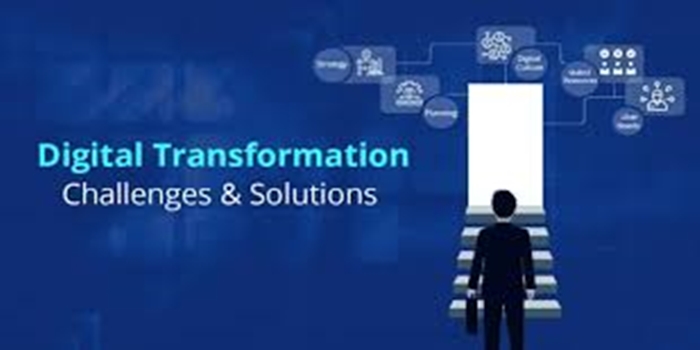In this article, we discussed the meaning of technological challenges, the examples, we also talked about the technological problem and solution.
Definition
A technological challenge is a new and difficult problem that requires a lot of effort and determination to solve. It can also refer to a way of organizing research and development (R&D) activities.
The Examples Technological Challenge
Data Security
Data security concerns modeled by advances in technology and the manner in which consumers, businesses and other organizations use that technology will be a significant concern in the year ahead. Data-related issues permeate effectively all evolving technologies.
Big Data
By one estimate, computer and device users create over 2.5 quintillion bytes of data daily! This is the world of Big Data. Technologies to analyze, use, and, in some cases, commercialize such vast amounts of data are beginning to be more widely deployed. However, the significant productivity gains and commercial opportunities are offset by serious security concerns and advances on privacy.
Cloud Computing
Cloud computing continues to show great promise for major cost savings for businesses and suitability for consumers. Yet, as more software applications and other computing resources are hosted and accessed online in the “cloud,” data privacy and security risks are increasing, and contracting and licensing norms are evolving and becoming more difficult to manage.
Open-Source Software
Non-proprietary open-source software applications offer many benefits and costs savings, but compliance with open-source license terms can be tricky. If not handled properly, use of open-source software can compromise ownership of company software and jeopardize acquisitions and other significant business transactions.
Mobile Payments
Several consumer surveys suggest that we keep better track of our mobile devices than we do of our wallets, so the rapid spread of mobile payments is no surprise. However, liability issues remain to be worked out for many transactions – misdirected payments, unauthorized access and account balance mistakes, among others – that may not go as intended.
Social Media Related Liabilities
Widespread business use of social media tools means that companies must maintain and communicate clear policies of acceptable practices and ensure compliance with applicable terms.
Wearable Computing
Google Glass, computer watches (more elaborate than what Dick Tracy might have imagined) and other wearable computing devices push the boundary of mobile computing even further than the still recent wonders of smartphones and tablets. The tie-in of these devices with biometric monitoring, access and control offers potential services while also presenting additional risks.
Technological problems can include:
Data security
Data privacy: The use of large amounts of data to train AI tools has raised concerns about data privacy.
Data-related issues: Data-related issues are a concern for all evolving technologies.
Information security
Cyber-attacks: Cyber-attacks can expose sensitive information, which can lead to supply chain disruptions and loss of customer trust.
Security weaknesses: Outdated technology can lead to security vulnerabilities.
Outdated technology
Lack of resources: Outdated technology can be caused by a lack of resources or a reluctance to adopt new technologies.
Efficiency: Outdated technology can hinder efficiency.
Other technological problems
AI influence
Developing the AI and machine learning procedures needed for business can be challenging.
Automation
The introduction of new automation tools can affect a company’s normal operations.
Compliance
Businesses need to regularly check their compliance status with industry regulations.
Disaster recovery
Power outages, server crashes, and accidents can delete data, so businesses need a backup and recovery plan.
Talent shortage
The rapid pace of technological innovation has created a need for more talent.
Technological solutions
Business solutions
Cloud-based data storage, automation, customer relationship management, e-commerce, and cybersecurity
Communication solutions
Voice over Internet Protocol (VoIP) for toll-free calling, call forwarding, and automated help desks
Health solutions
ICT tools and services to support healthy aging and early detection of cognitive decline
Population solutions
Data-driven decision-making and efficient resource allocation to improve health outcomes and manage demographic trends
When selecting a technological solution, it’s important to consider the specific needs of the situation or business. Other factors to consider include strategic configuration, cultural fit, and future growth potential.
Conclusion
Technological challenges are issues that arise from the rapid development of technology. These challenges can include data security, cybersecurity, and talent shortages.it is a challenge that can be addressed with existing expertise, protocols and operations. • Implementing solutions to technical challenges often falls to someone with the authority to address them.

